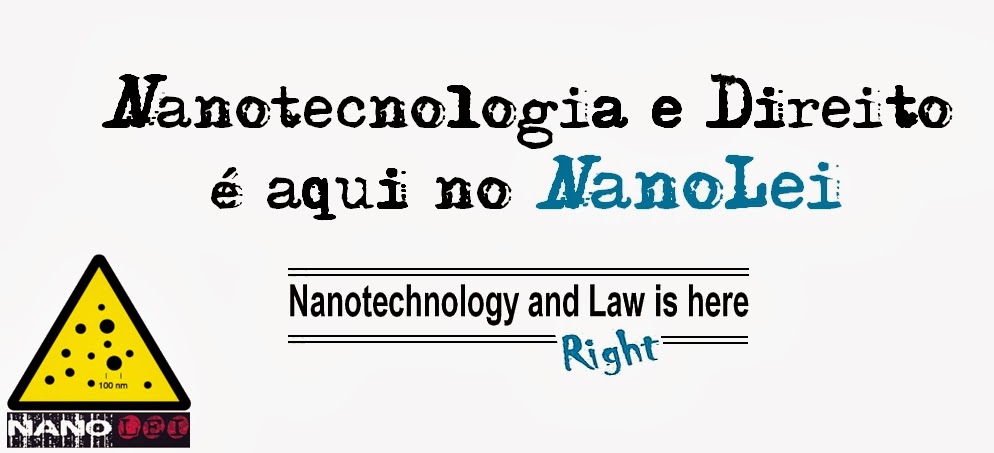FDA says it lacks regulatory authority to classify substances
A lawsuit against the U.S. Food and Drug Administration over nanotechnology has been dismissed as moot.
Last year, several nonprofit groups filed a lawsuit alleging the agency unlawfully ignored their petition to regulate nanomaterials.
Manipulating various materials on an extremely small "nanoscale" gives them novel properties that are expected to have new applications for pesticides, fertilizers, irrigation and other aspects of agriculture.
Critics fear nanoparticles may have unexpected consequences for the environment and human health.
Plaintiffs in the case have agreed to drop the lawsuit because the FDA has formally responded to their petition, though the agency rejected some of their key proposals.
In the 2006 petition, the International Center for Technology Assessment and several other groups asked the FDA to enact new regulations governing the testing, use and labeling of nanotechnology.
The groups also requested that the agency subject its nanotechnology program to a comprehensive environmental review under the National Environmental Policy Act.
The FDA said it recognizes that nanomaterials may have unusual characteristics compared to their "larger counterparts," but regulating them as new substances doesn't conform to the agency's regulatory authority.
The agency will evaluate nanomaterials based on their effects on regulated products, such as foods, drugs and cosmetics, the FDA said. Some types of products require "pre-market review" before commercialization while others don't.
The FDA also rejected the groups' request to develop a new testing regime for nanomaterials, saying the agency considers "the current framework for safety assessment sufficiently robust and flexible."
Labeling all products that contain nanoparticles, as requested by the petitioners, may not be warranted, the FDA said. The agency will evaluate the best way to convey information about such ingredients to consumers on a "case-by-case basis."
Since the FDA isn't going to implement new regulations for nanotechnology, reviewing such rules as part of an environmental impact statement under NEPA is unnecessary, the agency said.
George Kimbrell, an attorney representing the plaintiffs, said the point of the lawsuit was to force FDA to pay attention to the issue, which has been accomplished.
Although the agency rejected the petitioners' call for new regulations, it has released guidance documents that instruct food manufacturers not to assume nanoscale versions of ingredients are safe, he said.
"Maybe they're not doing it the way we proposed they do it, but they have made significant progress," Kimbrell said.
The lawsuit was a catalyst for these actions, as well as the agency's decision to re-open the administrative record pertaining to nanomaterials in sunscreen -- a major focus of their petition.
"It's not coincidental," he said. "We have jump-started them on regulation."
Fonte: Capital Press
